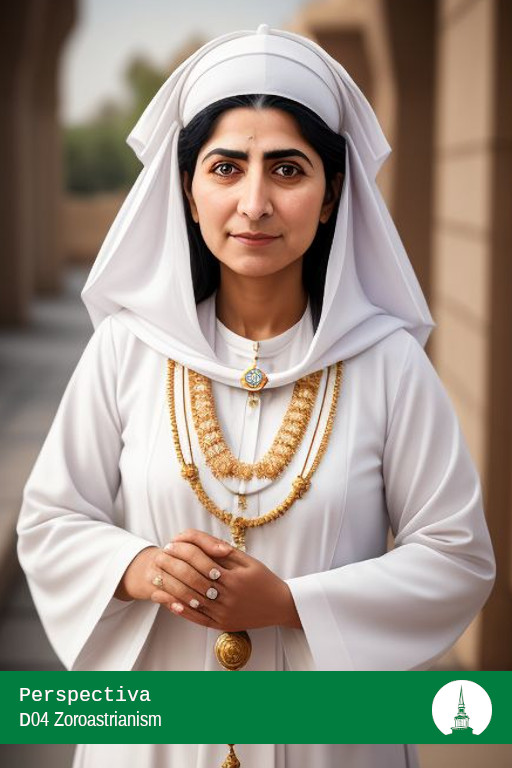Cluster D: Semitic & Persian Traditions
Semitic & Persian Traditions, including Baha'i Faith, Islam, Judaism, and Zoroastrianism, share monotheism, ethical principles, and diverse practices, contributing to U.S. cultural diversity.
The Semitic Traditions cluster group comprises four diverse lifeways – Baha'i Faith, Islam, Judaism, and Zoroastrianism – each rooted in the Abrahamic tradition or its offshoots. While distinct in their practices and beliefs, they share common ideas and themes that contribute to the cultural and religious diversity of the United States.



The darkest areas in the thematic density map indicate the places with the highest percentage of population.
Belief in the Existence of a Single, All-Powerful God
One shared concept among these traditions is monotheism, the belief in the existence of a single, all-powerful God. Whether it is the oneness of God in the Baha'i Faith, the submission to God's will in Islam, the covenant between God and the Jewish people in Judaism, or the worship of Ahura Mazda in Zoroastrianism, these faiths emphasize the centrality of divine unity.
Ethical Living and Social Responsibility
Ethical living and social responsibility are other core principles that unite these traditions. They all advocate for moral conduct, justice, and compassion toward others. Followers of these faiths engage actively in efforts to promote peace, social equality, and the well-being of humanity.
Faith Spaces Facilitate Religious Practices, Cultural Celebrations, and Social Activities
Diverse religious communities, including mosques, synagogues, temples, and centers, serve as focal points for worship, education, and community engagement. These spaces facilitate the practice of religious rituals, cultural celebrations, and social activities that strengthen the bonds within each community while fostering interfaith dialogue and understanding.
Diversity Within Traditions Include Secular Expressions
Religious diversity within these traditions is notable. For example, within Islam, there are Sunni, Shia, and Sufi traditions, while Judaism encompasses Orthodox, Conservative, Reform, Reconstructionist, and secular expressions.
Adaptability to Different Cultural Contexts
This diversity highlights the adaptability of these faiths to different cultural contexts and personal beliefs and reshapes the religious landscape through the individual and collective journeys of its followers.



